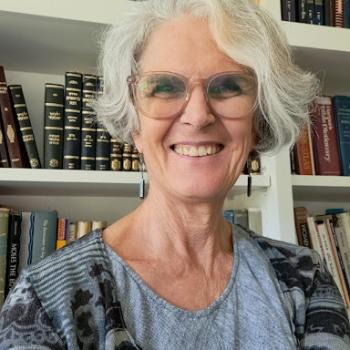The issues here are complex. On the one hand, ideologies of religious exclusivism and intolerance, such as we have seen with the destruction of the Babri Masjid in Ayodhya, express genuine concerns of people at what they perceive to be the erosion of their identity. On the other hand, the secularist critique of religion on rationalist grounds is in danger of not recognizing the legitimate concerns and voice of people who regard Hinduism as fundamental to who they are. In spite of recent voices critical of the application of ‘religion' to India, it seems to me that India continues to be, and will continue to be into the 21st century, a deeply religious and even pious, country. We will find in India a great diversity of religious voices and these voices need to be heard, and will be heard, in the public sphere alongside the voices of secular modernity. Perhaps one of the biggest challenges Hinduism faces is finding communicative voices that express religious and traditional concerns in an articulate and rational manner that steers Hinduism away from the literalism and fundamentalism that have dogged other religions. These voices must be an equal match to Indian intellectual secularism; the voice of the Hindu intellectual is yet to be heard.
Gavin Flood is Professor of Hindu Studies and Comparative Religion at Oxford University. Professor Flood's main work has been on South Asian traditions, particularly Hindu Tantra, and he has research interests in sacred texts, phenomenology, asceticism, and theory and method in the study of religion. His published works include: An Introduction to Hinduism (Cambridge University Press, 1996); The Ascetic Self: Subjectivity, Memory and Tradition (Cambridge University Press, 2004); and The Tantric Body: The Secret Tradition of Hindu Religion (Tauris, 2005). He is also the editor of The Blackwell Companion to Hinduism (Oxford: Blackwell, 2003) and general editor of the Routledge series Studies in Tantric Traditions. His current research develops beyond India through re-visiting the idea of 'comparative religion' and in exploring the relation between self, text, and tradition across cultures.




